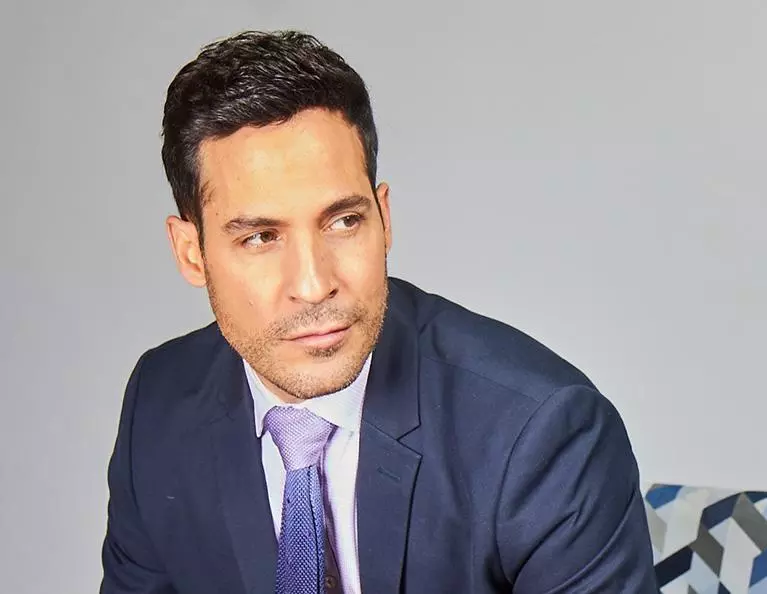There's nothing more challenging for a man or a woman than having to battle cancer, except perhaps trying to go through this process on their own. You can be a caring and loving support to these individuals, if you can find a way to help. Whether you will be their ongoing caregiver or just adding a bit of support to their daily lives, there are various ways you can be a part of supporting their journey to a cure.
Identify Their Needs
Every person battles cancer in their own way. It's very important for you to take the first step of addressing specific areas of concern and needs with your loved one. Be frank, open, and honest. Ask what they need from you. Ask what you can do to help. And, most importantly, listen to what they have to say. For example, you may learn that your loved one really wants to remain private through most of the journey. Respect that. On the other hand, individuals may find themselves desperate for additional attention and support. Be there for them.
Ask Before Doing
It's always a good idea to talk to the individual about your ideas and plans before you take action. This isn't the time for surprises. For example, many patients who struggle with this condition will lose their hair. It occurs because of the damage caused by the medications, called chemotherapy, that patients have to take to kill the growing cancer cells in their body. Perhaps you've seen others who have shaved their heads as a way to support a loved one who may have lost their hair as a result of chemotherapy. You think this is exactly what you need to do to show your support.
However, your loved one may not find this to be a good thing. They may be embarrassed or stressed from having to put you through such a dramatic and traumatic experience. Some people don't want this type of attention. In this case, you can avoid many of the unwanted feelings and thoughts by simply talking to your loved one about the problem and your thoughts on how to show support. Talk to them before you take any action that is significant.
What you may find is that their needs are much different than what you thought. They may be more likely to need your help in finding a wig or other type of replacement for their hair loss. Rather than showcasing their strength against cancer, they may desperately want to have hair again. You can provide them with the support they need by talking to them about their needs and helping them to find a solution. This can be exactly what they need to move on from this condition and to gain the confidence necessary to feel good.
Get Involved However You Can
Depending on your relationship with the individual, you may want to take other steps to get involved with your loved one. Here are some ideas:
- Help with supporting them on meals and taking care of their family's needs while they are struggling with chemotherapy
- Provide financial support if needed
- Help them to remain connected to family and friends over social media, letters, get-togethers or other activities; avoid them being left out because of their disease
- Ask questions without prying
- Listen to their thoughts and opinions; don't push yours down their throat
- Let them lead you in the ways you can help, such as listening to them complain or talking about areas that are troubling to them
- Be there for their children or loved ones
Perhaps most importantly, if you hope to care for your loved one in the best possible manner, you really need to step back and listen to their thoughts and concerns. Show and say you love them. Accompany them to doctors’ appointments. Offer them realistic outlooks on their life and their family. Your love and support are what will help provide strength to your loved one to continue to fight the war against cancer.
Contact the hair specialists at Unique Hair Concepts to learn more.






